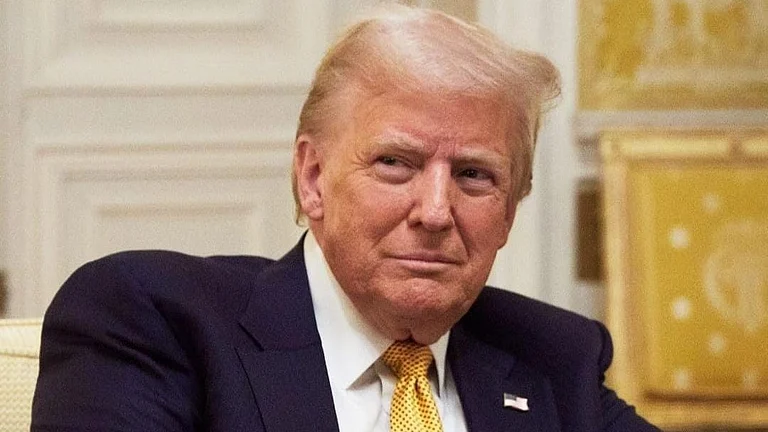Decentralised finance (DeFi) platform Delta Prime has suffered a breach estimated at $6 million, in the latest incident of crypto-related cybersecurity hack.
Onchain security platform Cyvers, wrote in a post on X (formerly Twitter) on September 16, 2024 that the DeFi platform first suffered a loss of around $4.5 million. “Suspicious address already swapped USDC to ETH! Total estimated loss is around $4.5M so far! however, a suspicious address is still draining the pools! Total loss might increase!”
Chaofan Shou, the co-founder of Fuzzland, wrote in another post on X that a wave of malicious transactions led to theft of nearly $6 million from the DeFi platform.
The incident comes nearly two months after a hacker stole over $230 million from Indian cryptocurrency exchange WazirX, in what was the second-largest cryptocurrency hack of 2024.
According to Meir Dolev, the chief technology officer (CTO) of Cyvers, the attack likely stemmed from a private key exploit. “Hackers took control of the wallet which is the admin of Delta Prime proxy contacts, and later on, upgraded these contracts to point to his malicious contract. This enabled the hacker to drain Delta Prime pools on the Arbitrum chain. Total loss is $5.9 million,” Cointelegraph quoted him as saying.
Circle Predicts Stablecoins Will Become Mainstream Global Payment Method
Stablecoin issuer Circle has predicted that Stablecoins will become the mainstream global payment method in the future.
Circle, which is the issuer of the world’s second-largest Stablecoin, the USDC, expressed confidence that Stablecoins will become mainstream money, adding that accordingly, regulations should be harmonised globally to ensure compliance for all payment methods for Stablecoin issuers.
“Circle is confident that there will be mainstream adoption of Stablecoins as the money for the Internet age. We expect there will be Internet payments firms and other financial services companies that (will) attempt to enter or to expand in this space, which is a strong signal that Stablecoins are here to stay,” Dante Disparte, chief strategy officer and head of global policy at Circle told Cointelegraph in an exclusive interview.
To this effect, it would be important that rules and regulations are harmonised globally and essential principles of conservative reserving and financial crime compliance also need to be applied equally to any company claiming to issue a payment Stablecoin, he added.
US Lawmakers Urge Top Crypto ATM Operators To Tackle Fraud Against Elderly Citizens
A group of seven Democratic US Senators led by Majority Whip and Senate Judiciary Committee Chair Dick Durbin have written a letter to 10 of the largest Bitcoin ATM operators in the US and urged them to address crypto-related fraud against elderly American citizens.
In a statement a few days ago, they said that “criminals were targeting elderly Americans, with people age 60 and older more than three times as likely to report a loss using a BTM than younger adults.”
They also cited Federal Trade Commission data to back their assertions, noting that fraud losses from Bitcoin ATMs (BTMs) had reached $65 million in the first half of 2024.
The letter was addressed to the CEO or top executives of Bitcoin Depot, CoinFlip, RockItCoin, Bitstop, Coinhub, Unbank, Athena Bitcoin, Byte Federal, Cash2Bitcoin and Margo. Signed by Durbin, Elizabeth Warren, Richard Blumenthal, Jack Reed, Tina Smith, Peter Welch, and Sheldon Whitehouse, the letter called on each firm to “take immediate action” to address reports that their machines were contributing to “widespread financial fraud against elderly Americans.”
“As companies like yours have staged BTMs in a variety of businesses — sometimes even paying businesses to host your BTMs — there has been a marked increase in Bitcoin scams impacting elderly Americans,” the Senators wrote in the letter..
In the letter, they also asked the firms to answer a series of questions by October 4, 2024 on the actions undertaken by them to address the fraud, including, if the firms have issued adequate warnings about scams, have put transaction and deposit limits in place, and if they are insuring depositors against fraud.
They further pointed to a July report in the Illinois Times of a business owner removing a Coinhub ATM, claiming the only people who used it were scam victims, and also a New York Times report that outlined “egregious examples” of scammers coercing elderly Americans into sending them funds via crypto ATMs, reports Cointelegraph.













